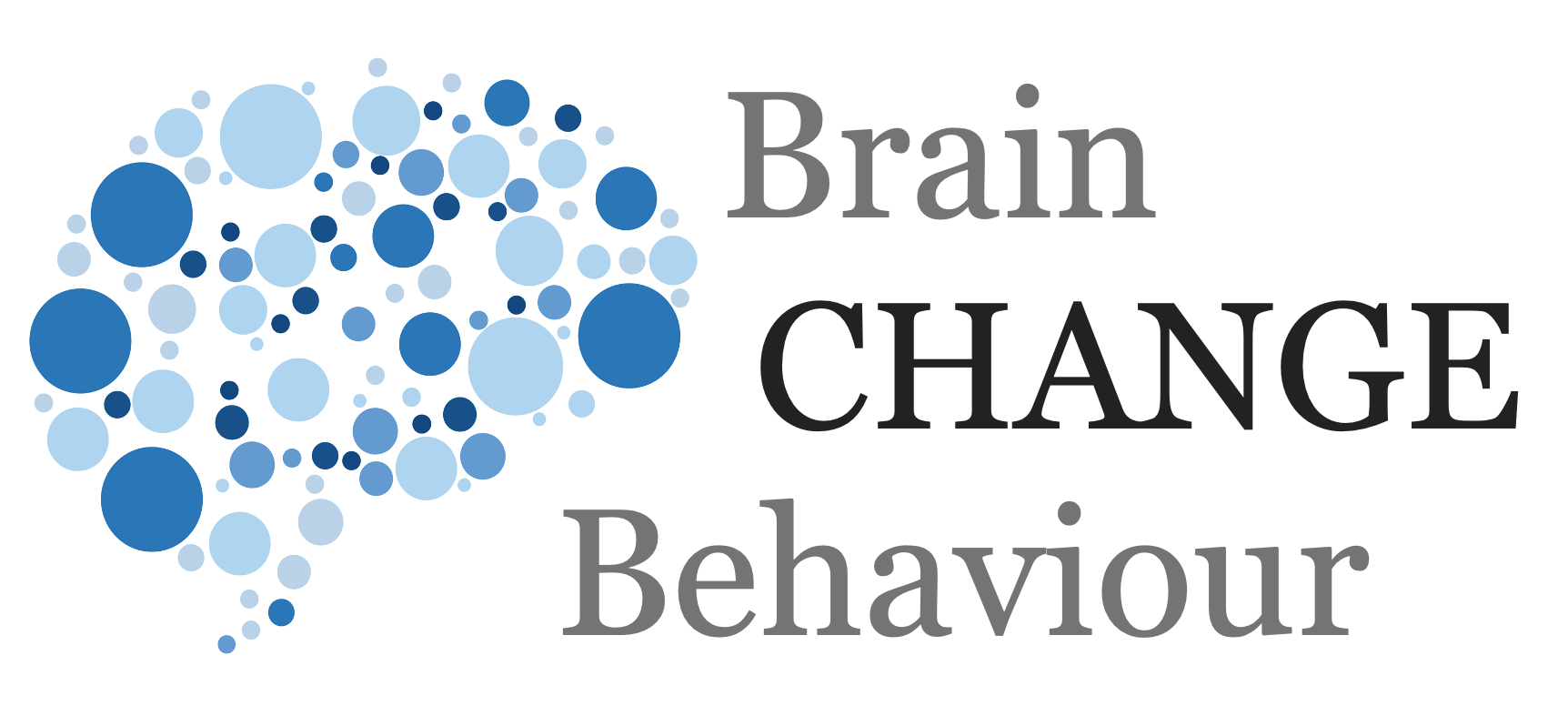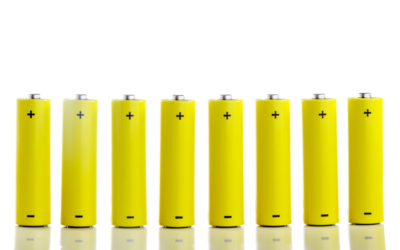Article
Change Models

Anudge in everyday language is a gentle push. Something that is none aggressive but significant enough to be noticed and often triggers a behaviour – but without the nasty pushback of being told to do something or being forced to do something.
This is the theory behind nudges – they are gentle environmental cues (often called choice architecture) which guide people towards certain behaviours. This is used to intentionally nudge people towards behaviours that are better for themselves or society. The concept was put forward in the famous book Nudge: Improving Decisions About Health, Wealth, and Happiness by Richard Thaler and Cass Sunstein.
This has been hugely influential on politicians particularly in the US and the UK with various countries having so-called nudge units.
The principles of nudges was built on various insights from behavioural economics (and other areas such as decision-making and social psychology) – for example, if questions are framed in different ways people make different decisions. Many of these nudges, as the name suggests, are barely noticeable or fall under our radar.
Examples
-
- The famous urinal example is that by placing a sticker of a fly in a urinal, men automatically (it is true, I confess) aim for this fly and therefore avoid “targeting accidents” keeping urinals cleaner and men’s toilets more pleasant places.
- Putting a vegetarian option as the number one choice on menus at canteens dramatically increases the number of people who choose this option.
- Making the preferred option the default option in drop-down menus on websites.
- Making organ donation opt-out rather than opt-in known as presumed consent greatly increases organ donations.
- Social proof is used excessively in social media – the concept of “likes” and trending. But this is used in other areas such as showing how many people have already chosen an option, or decided to do a certain action.
- Gamification is used in many ways to keep people engaged with processes from social initiatives to business processes.
There are multiple underlying reasons for these but the basic principle is to use these underlying psychological mechanisms to gently push people to better behaviours – it goes without saying that these are also used to nudge people to suboptimal behaviours such as getting addicted to social media!
Do nudges work?
Well yes, nudges work because they are based on well-researched psychological mechanisms. However, a recent meta-analysis showed that the effects were not as large as in many single studies and nudges are more effective in some areas than others. This may be obvious – a nudge is after all only a nudge and not a big push. However in the case of behavioural change multiple nudges can strongly guide behavioural change interventions and gently keep them on track as well.
This analysis found that
-
- Decision structure is more effective than decision information or decision assistance.
- Nudges are most effective with food choices, almost twice as effective as for other domains:
- Followed by in order of decreasing effectiveness: environment, social, health, finance
So nudges do have an effect but certain nudges are more effective than others and more effective in certain domains.
So do think carefully about nudges – or the choice architecture you can build into behavioural change initiatives.
Simple Takeaways
-
- Think of the decision architecture to guide beahvioural change
- Use nudges as part of a broad initiative
© leading brains 2022
References
Nudge: Improving decisions about health, wealth, and happiness.
Yale University Press.
The effectiveness of nudging: A meta-analysis of choice architecture interventions across behavioral domains.
Proceedings of the National Academy of Sciences, 2022; 119 (1): e2107346118
DOI: 10.1073/pnas.2107346118
More Articles
To Change, Start Right Away
Sorry, stupid question right off the cuff. Change what?
Well, in this recent study they were looking at changing health behaviours.
Nudges Work In Changing People’s Behaviour
So what do you mean by “nudges”?
Richard Thaler is considered is one of the founding fathers of nudge theory in the behavioural sciences proposing nudges as the best method to modify people’s behaviour. Made popular by his book Nudge in 2008.
Followers Make Group Decisions a Lot Worse, or a Lot Better
First off, why is group decision-making important?
Well, a lot (just about all, if you think about it) of the biggest decisions in society and in business are made by groups: executive committees, governments, even the population in referendums.
The Right Rewards Boost Creativity in Business
So who doesn’t want to have creative ideas in their business.
The problem is getting employees to be creative while doing their day job as well. We also know that just asking or demanding creativity can diminish creativity and innovation!
Changing Your Personality — Even If You Don’t Want To!
Are you telling me that our personality can change even if we have no motivation to do so?
In a nutshell, yes. But it depends on which personality trait!
Exercise is Infectious
This is an older study (2017) I came across and found fascinating. As many of you regular readers will know I have reported many times on the benefits of exercise.
Why our Brains Miss Opportunities for Innovation
When we think of innovation we think of creating something new. A new study shows that, however, we, by default, try to add something whereby subtracting something could make something better.
Brain Region for Changing Behaviour Identified
The saying goes “Insanity is doing the same thing over and over again and expecting different results.” This obviously refers to doing the same thing over and over and continually getting a bad result
From Couch to Ultra Marathon with Mental Imagery
On first glance I thought the above headline was fascinating. I am a sports person, look into the neuroscience of motivation, and have been in the “motivational” space for nigh on two decades.
Limits to Scalability – Voltage Drops
Voltage Drop is a useful term and analogy to the problems of scaling ideas or change in any environment. Voltage drop refers to how electrical current can decrease across distance it travels.










